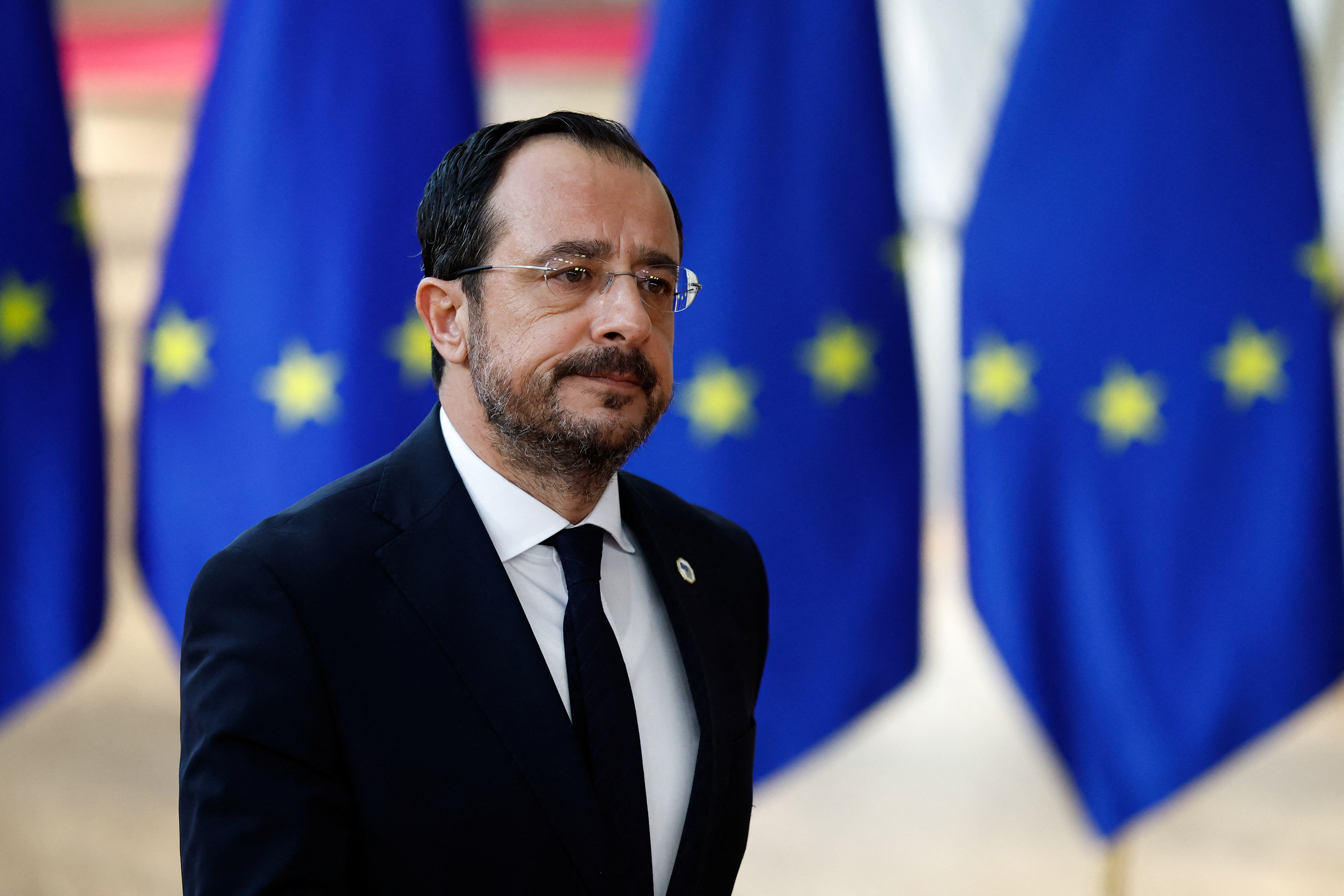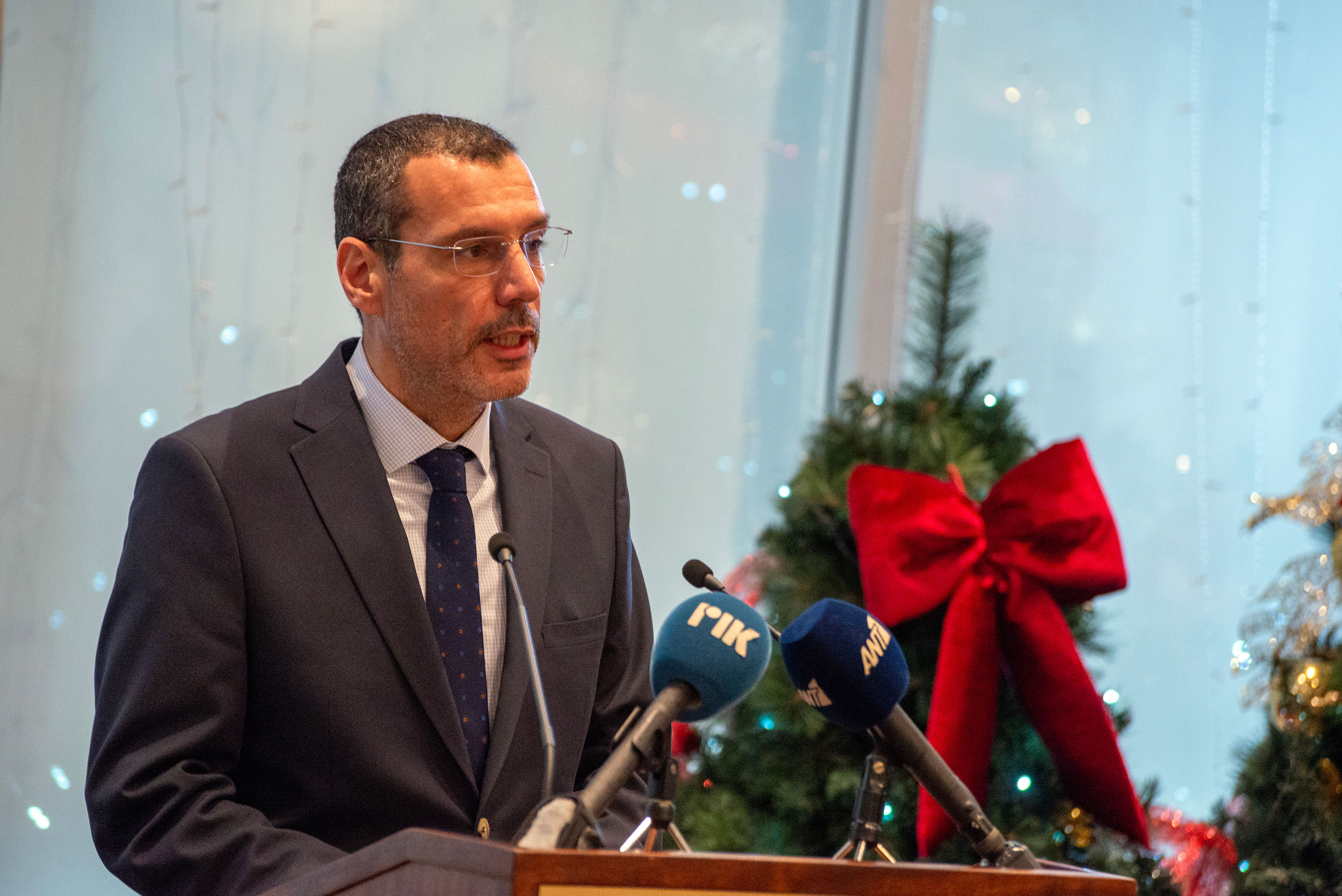Nearly 100 individuals who have worked in the state sector receive more than one pension or a pension plus a salary, MPs heard on Monday.
The House finance committee continued discussion of legislation aimed at rationalising the current state of affairs, where certain state officials either get multiple pensions or else are earning a salary for current work while also drawing a pension for a previous position they held.
State treasurer Andreas Antoniades said these individuals amount to 98. In a few cases, retired officials are on three pensions.
Seventy of these people receive more than one pension (they do not currently earn a salary), and 28 get a salary and one pension or more.
Of these 28, eight will not be entitled to an extra pension on retirement. Such individuals include the head of the Tenders Review Authority. Once they retire they will draw a single pension.
Regarding the other 20 of the 28, 16 of them currently receive a civil servant’s pension – in other words earning a salary and at the same time drawing a pension.
Antoniades was asked specifically about the case of President Nikos Christodoulides, and if Christodoulides would no longer be entitled to a civil servant’s pension should the House enact the government bill.
The government bill foresees that future retiring high-ranking government officials will be paid a one-time lump sum payment instead of a new pension.
“No one will lose their entitlement,” Antoniades replied.
“In 2028 the president will complete his first term under the current pension scheme, whereas under the new pension scheme, should he serve a second term if re-elected, the one-off bonus will apply, but it will kick in at the end of his term in 2033 once he leaves office.”
The president would receive all his pension benefits on leaving office, he clarified.
If Christodoulides does get re-elected, he will eventually receive the one-off bonus payment but not in 2028 – the end of his first term – as he would not then be departing from the office of president.
A representative of the attorney-general’s office opined that the various bills drafted by MPs do not in fact stamp out the phenomenon of multiple pensions, but rather “build upon” the first pension which state officials are entitled to.
She also cautioned that any deprivation of pension benefits might run into constitutional issues. The rep cited the 2014 case of Koutselini v the Republic of Cyprus, where the Supreme Court reiterated that a pension is tantamount to a person’s assets and cannot be taken away.
Elena Azina, an official with the Public Administration and Personnel Department, told MPs that the government bills regulating pensions are more “straightforward” than the dozen or so legislative proposals.
Lawmakers meantime are said to be considering merging their 12 bills into just one or two.
In 2011 parliament had passed a law prohibiting the payment of multiple pensions to any state official – other than those listed in a 1980 law.
Under the Pensions (Certain Officials of the Republic) Law of 1980, the pensions of the president, the House speaker, ministers, junior ministers, MPs and generally of state officials are suspended if they undertake any other function or office in the Republic.
But in 2014, the 2011 law was found to be unconstitutional, on the grounds that pensions are a person’s property. However, the 1980 law itself has not been voided and is still in force.
The issue regained traction in 2023 after reveals that Christodoulides and members of his cabinet continued receiving pensions for past service in the public sector while drawing a salary for their current jobs.
The House committee will continue discussing the issue next week.







Click here to change your cookie preferences